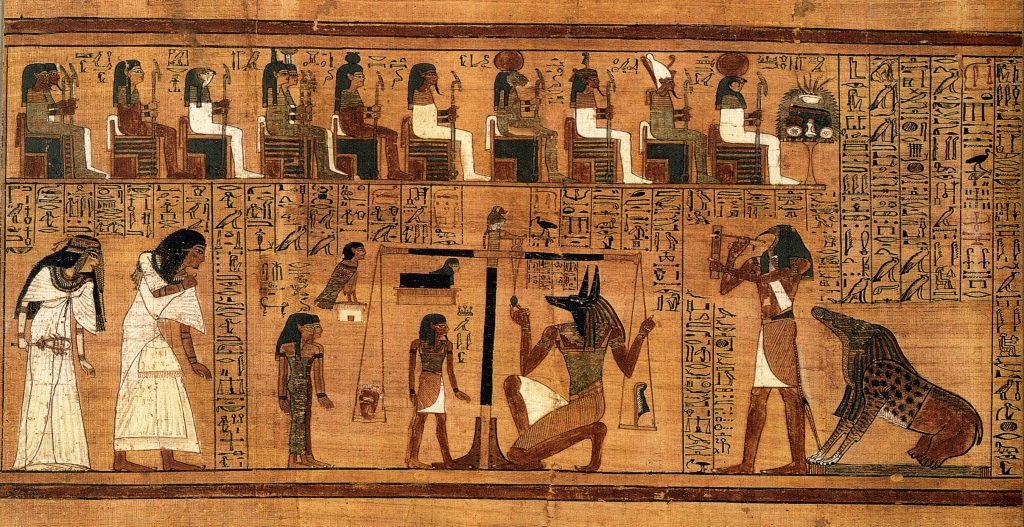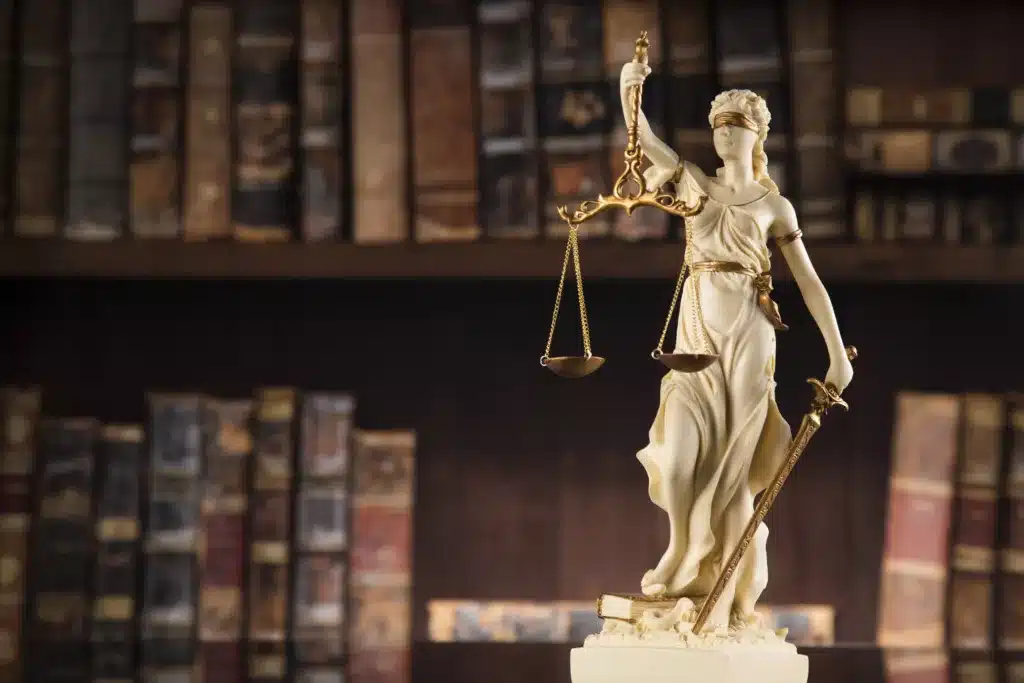Millions of people find themselves in civil court these days. The financial crisis shows no signs of letting up, so most are representing themselves. But getting a fair hearing in court too often depends on your income. Sadly, the legal aid agencies created to represent the needy have seen funding sources dry up over the last decade. Sadder still, with legal fees averaging $400 an hour, it’s the middle class that’s being priced out of the courthouse.
Nearly every state has created a task force or commission to find ways to fix the problem. Common proposals would streamline the way certain cases are handled, or build legal self-help centers for those without lawyers, or make legal forms more readily available and easier to file. However, none of these commissions are actually trying to remedy the widespread sense of public disillusionment about our courts. I wonder if their work could be motivated by a broader perspective on the role of justice in society.
Most of us think of justice as something you go to court to get. But justice is better understood as something that either (a) pervades an entire society or (b) causes chaos in its absence. As Aristotle proclaimed, “Man perfected by society is the best of all animals; he is the most terrible of all when he lives without law, and without justice.”
The statue of Lady Justice that adorns your average courthouse is the Roman goddess Justitia. Seventeen hundred years ago, she was first envisioned with a blindfold around her eyes, carrying a set of scales in one hand and a double-edged sword in the other. Justitia was modeled on the Greek goddess Themis, who three centuries earlier bore a sword and scales, but no blindfold. In both cases, the goddess was a personification of divine order and natural law. They each stood for justice as the prerequisite to civilized existence.
In the Western context, both Justitia and Themis borrowed from the Egyptian goddess Maat [muh–aht]. As a personification of divine justice, Maat wore the ostrich feather of truth on her head and carried a scepter (for power) in one hand and an ankh (for eternal life) in the other. She ruled not only justice, but its counterparts truth, morality, balance, order and law. According to this 4000-year-old mythology, the creation of the universe brought chaos, lies and violence (the god Isfet), but order and stability were restored and maintained by justice.
Like many of us in modern times, ancient Egyptians lived for a positive judgment after death. The feather of Maat was the measure of an individual’s character. If your heart at death was lighter in weight than Maat’s feather, then you ascended to the realm of the gods. If not, your heart was devoured by a crocodile-headed lion and you gained no afterlife.

— from Eternal Egypt: Masterworks of Ancient Art from the British Museum by Edna R. Russmann.
Modern society, especially in the United States, has failed to deliver anything close to social and economic justice. Spend a day in your local courthouse if you doubt this, or just read the daily news with an eye towards equality. You’ll see individuals descending into chaos, and bringing us all along with them. But when you understand the role of justice as viewed by ancient cultures, you no longer wonder why our society is in such chaos.
Our courts can’t be more just than the society in which they operate. In the absence of broader justice, we should be realistic in our expectations for court-based (political) justice and try to work with the judicial system we have. Those state commissions charged with access to justice should be encouraged in their work. Their studies and proposals could actually benefit self-represented litigants, despite the failure of justice in the larger society. A little tinkering with civil procedures and funding sources is better than nothing, right?
But wouldn’t it be great if they could raise the bar and recommend real changes to the judicial system that could lead us away from chaos? In 2015, we should not be limited to a rigid, adversarial and undemocratic system of justice.
Conceptions of justice are global. For instance, the Eastern concept of dharma focuses on harmony within the individual and within society. Indigenous American justice systems likewise focus on restoring harmony to society when a breach of the peace has occurred. In other parts of Africa, ubuntu-based systems also focus on restoring harmony and balance to the community through negotiation and consensus. What if our access-to-justice community could begin to think outside the box and lead us toward a justice system focused on harmony?
What do you think about the role of justice in society? Does rampant injustice lead to chaos, or can we hold things together without attending to justice? Share your thoughts in the comments below.



